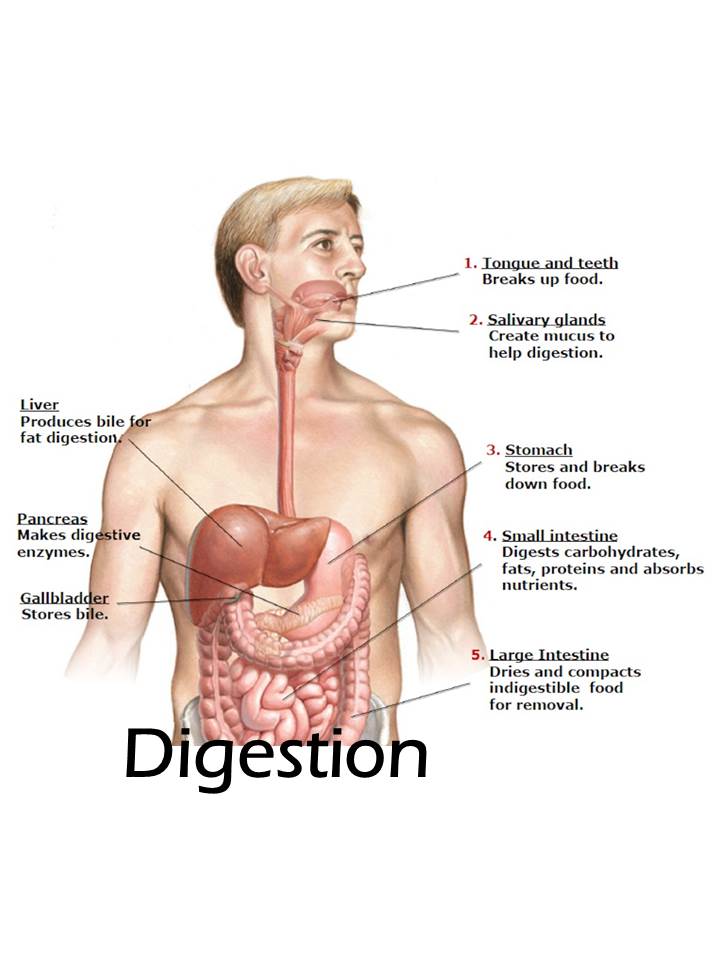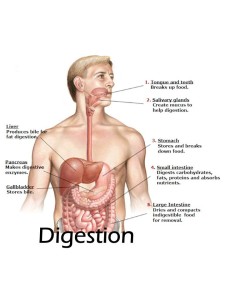
Three Unsung Herbal Heroes for Winter Health
Guest blog by: Elizabeth Russell M. Ed, HHP, NPM, HRM of Lizbeth Botanicals
Staying healthy in the winter can often seem like a challenge. We are under a constant barrage of cold and flu viruses, temperature extremes, and even poor holiday eating habits, which can lower our resistance and lead to uncomfortable symptoms.
Remember, it is recommended that you consult with your primary healthcare professional, rather than self-diagnosing, because sometimes we need that medical expertise. From there, however, you can choose to use herbs to help maintain your winter health.
A few well-known popular herbs for winter health include echinacea Echinacea officinalis and elderberry Sambucus nigra for boosting the immune system, peppermint Mentha piperita and spearmint Mentha spicata are great for stomach upsets, and nettles Urtica dioica for allergies.
However, there are many other useful herbs, some of them easily obtainable from your own backyard or nearby field. Here is a quick view of some often “unsung herbal heroes”:
Juniper berry Juniperus communis
Juniper berry Juniperus communis is a small, bluish berry that grows on the evergreen juniper bush. The berries can be harvested and are generally dried before use. This bush is often used in landscaping, so be careful when harvesting to make sure no pesticides have been used.
These berries can be dried and used as a pepper substitute or roasted and used as a coffee substitute. Adding a few berries to wintertime dishes gives a lovely seasonal flavor. In case the flavor seems familiar, Juniper is often used as a base for gin or other liquors.
Juniper berries contain useful substances such as vitamin C, tannic acid, volatile oil and resin. Juniper berry may be helpful for inflammatory conditions, and reducing infection (both bacterial and viral). This small, yet tasty, berry is considered antiseptic, anti-viral, diuretic, and stomachic, which makes it helpful with infection, fluid retention and stomach issues. A positive aspect of juniper’s diuretic action is that it does not decrease the electrolyte levels in the body, even while increasing fluid output.
Cautions state to avoid using for too long, or with blood pressure, blood sugar or kidney issues, as it can make problems worse. It should not be used with seizure disorders. As an emmenagogue, it works on female reproductive organs, so use during pregnancy and nursing is not recommended, in amounts greater than what is found in food.
Sumac Rhus typhina
Sumac Rhus typhina, also known as Staghorn sumac, is one of the best wild antioxidants. It is considered by Native Americans to be a sacred and healing tree. The seeds, bark, and roots can all be eaten, although it’s the seeds that are most beneficial during the winter with their high vitamin C content.
The bark and roots are astringent, diuretic, tonic and refrigerant, making it good for getting rid of excess fluid, toning the body systems, and combating fever. This wonderful plant promotes healing, both internally and externally. Gathered in the spring, young shoots can be eaten or dried. Roots and fruit (berries) are gathered in the fall and can be dried. The berries can also be used fresh, to make a lemonade-type beverage, hot “tea” or even a jelly that is high in vitamin C.
Like juniper berry, sumac is also an emmenagogue herb, so use during pregnancy and nursing should be avoided. In addition, sumac can have an effect on blood sugar levels, so caution is indicated with consuming large quantities.
White pine Pinus strobus
White pine Pinus strobus, is another wild plant that is known for its high levels of vitamin C, and has a great many benefits, among which are its demulcent, expectorant and antiseptic actions. These make it very helpful with respiratory complaints such as coughs and bronchitis, as it will help soothe membranes, release phlegm and kill infection. A steam inhalation is one of the best methods used with the upper respiratory tract.
The antiseptic action of the sap (or a pine salve) is helpful with many skin issues, including cuts, scrapes, and burns. As a tea, pine can be beneficial for problems with the kidneys and bladder, due to its diuretic action.
Food options for white pine include making a tea from the fresh needles and a type of “gum” from the sap. The seeds can be used as a flavoring for cooked foods, and young shoots can be used to make a type of candy.
Staying healthy in the winter months doesn’t have to be boring or taste bad. And it doesn’t have to be limited to teas, syrups and lozenges, either! Being able to diversify the herbs we use helps keep us healthier by not overusing the same ones. Being able to harvest from your own backyard is also a bonus.
Stay healthy and herb wisely!
Elizabeth Russell, M. Ed, HHP, NPM, HRM is an Intuitive Wellness Coach, Herbalist, Reiki Master, Meditation Instructor, and Artist. She graduated with Honors from the American College of Healthcare Sciences with certifications in Holistic Health Practice, Natural products Manufacturing, and Herbal Retail Management. She is founder and owner of Lizbeth’s Botanicals an all-natural bodycare product line.
You can find her on Etsy, Instagram and Facebook at Lizbeth’s Botanicals.
www.lizbethsbotanicals.etsy.
www.facebook.com/
www.instagram.com/
Please note that I am not a medical practitioner. The content of this website is provided for general informational purposes only and is not intended as, nor should it be considered a substitute for, professional medical advice. Do not use the information on this website for diagnosing or treating any medical or health condition. If you have or suspect you have a medical problem, promptly contact your professional healthcare provider. By using this website, you assume full responsibility and liability for your own actions.
Reference List
A modern herbal | Juniper berries. (n.d.). Retrieved 24 November 2015, from https://www.botanical.com/botanical/mgmh/j/junipe11.html
A modern herbal | pine, white. (n.d.). Retrieved 24 November 2015, from https://www.botanical.com/botanical/mgmh/p/pinewh36.html
Jackson, D., & Bergeron, K. (2000). Wild Sumach herbal and edible use. Retrieved 24 November 2015, from http://altnature.com/gallery/sumach.htm
Juniper benefits & information. (n.d.). Retrieved 24 November 2015, from http://www.herbwisdom.com/herb-juniper.html
Juniper berries: Benefits: Detoxification benefits. (n.d.). Retrieved 24 November 2015, from http://www.anniesremedy.com/herb_detail30.php
Pinus strobus white pine, eastern white pine PFAF plant database. (n.d.). Retrieved 24 November 2015, from http://www.pfaf.org/user/Plant.aspx?LatinName=Pinus+strobus
Vertolli, M. (2015). Staghorn sumac. Retrieved 24 November 2015, from http://www.vitalitymagazine.com/article/staghorn-sumac/#sthash.zyE5mZxP.dpuf
Weed, S. (2007). Pine keeps you fine – Susun weed herbal medicine articles on women’s health: Menopause, fertility, breast cancer / breast health, and much more.. Retrieved 24 November 2015, from http://www.susunweed.com/Article_Pine-Keeps-You-Fine.htm
Resources (weblinks):
http://altnature.com/gallery/sumach.htm
http://www.anniesremedy.com/herb_detail30.php
https://www.botanical.com/botanical/mgmh/j/junipe11.html
https://www.botanical.com/botanical/mgmh/p/pinewh36.html
http://www.herbwisdom.com/herb-juniper.html
http://www.pfaf.org/user/Plant.aspx?LatinName=Pinus+strobus
http://www.susunweed.com/Article_Pine-Keeps-You-Fine.htm
http://www.vitalitymagazine.com/article/staghorn-sumac/#sthash.zyE5mZxP.dpuf
Photo Credits
Juniper berry photo credit:http://www.flickr.com/photos/53197974@N05/11333256495
Sumac photo credit: http://www.flickr.com/photos/66762373@N04/22597699277
White Pine Photo Credit: http://www.flickr.com/photos/50697352@N00/8012971212















